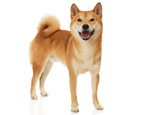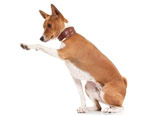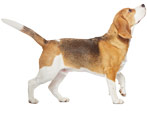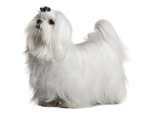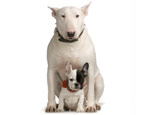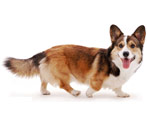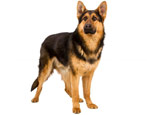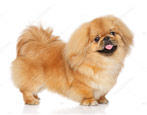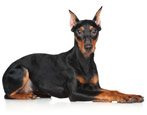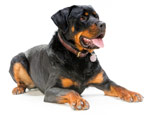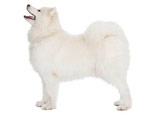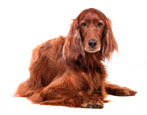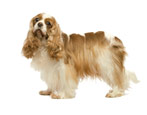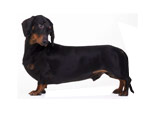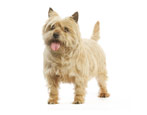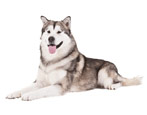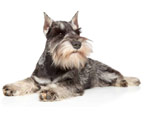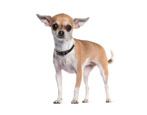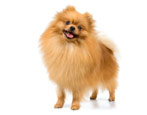The digestive system in all dogs functions almost the same. There are small nuances in feeding, which depend on the breed and genetic predisposition. They need to be considered when choosing food for your pets.
Pros and Cons of Natural Food
For large dogs, which include shepherd dogs, the presence of protein in food is important for the full growth of muscle mass, as well as the correct weight and health of bones and joints.
There are two types of dog feeding:
- natural products;
- prepared dry feed.
When choosing natural nutrition, it is imperative to monitor the quality of food. In no case should you feed pets with expired or poor quality products.
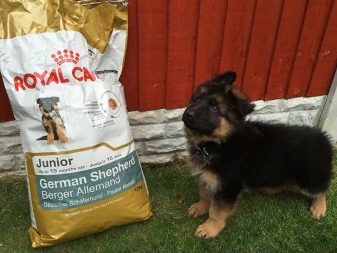
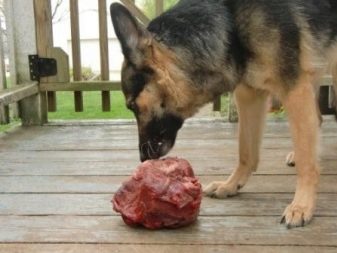
For shepherd dogs, eating natural products is a very good option. If the diet is properly balanced, the dog will receive all the necessary trace elements, vitamins and proteins.
The disadvantages of natural nutrition include the fact that its preparation requires a lot of time and effort. And also the selection of the required composition is required.
In addition, in addition to the proteins that the dog needs, carbohydrates are present in this type of feeding. Large dogs do not need them in large quantities, because with insufficient physical exertion they will be deposited in fat, which is unacceptable and dangerous to the animal’s health and physical characteristics.
You need to know that some products can only be given after preliminary heat treatmentfor example, such as river fish and liver, as they may contain helminths.And in marine fish there are substances that gradually destroy the B vitamins in the dog's body, which leads to a slowdown in its growth and physical development. Therefore, it is also recommended to cook it before serving.
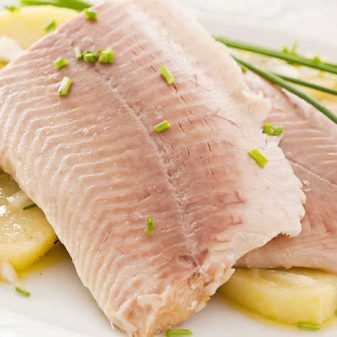

Sheepdog nutrition should consist of 1/3 of the plant components and 2/3 of animal products.
First of all, meat should be included in the diet - this is the main source of protein. This breed is suitable for meat products of the second category, it contains connective tissue useful for dogs. Cutting gives too little strain on the teeth. You should not give the dog pork, as it is too fat. It is better to give preference to beef, lamb and horse meat.
A turkey in the form of minced meat is suitable from a bird, especially for monthly puppies when transferring from breast milk to age-related nutrition, or chicken finely chopped into pieces.
Fish is the source of Omega-3s. It is necessary in feeding the shepherd dogs. The only suitable food for them is pink salmon. But it is also better to give it to pets no more than twice a week and separately from meat food.
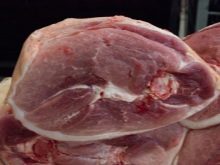
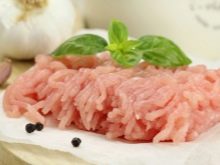
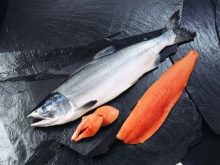
Buckwheat is suitable buckwheat, rice, oat, corn, wheat. It is a source of slow carbohydrates that are good for the digestive system and the dog’s body as a whole. Cook porridge until cooked. Barley and barley are best eliminated, they are poorly digested.
Dairy products are best given in the form of kefir. Curd is needed for puppies to develop up to six months. Boiled eggs will be a great addition to the diet, but no more than three times a week.
Vegetables and fruits can be offered to the dog in raw form, or can be added to the dish during cooking. You can try to feed your pet porridge with carrots or pumpkin. You can also mix cereals and meat. Chicken porridge will be a good dinner for your dog.
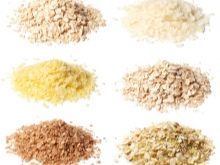
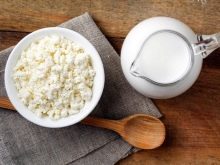
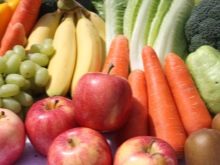
Overview and selection of finished feed
In the manufacture of ready-made dog foods, manufacturers try to use all the substances important for the health of the animal. But still, at an early age, puppies are better fed with natural products, as dry food can lead to digestive problems.
There are four types of feed.
- The most harmful feeds are economy class. There is almost no protein in them, it is replaced with animal fat, and bone meal is also used. With such food the dog is not saturated, it attracts her with flavoring additives. This type of food is very consumed.
- Premium class. Balanced feed with mineral and nutrients without flavoring and coloring agents, but with additives and stabilizers approved by the European Economic Union. The composition uses real meat ingredients. The source of vegetable protein is corn.
- Super premium class. They include only high-quality components, natural products. As high-value protein, eggs, beets and rice are used as a source of fiber. Protein and carbohydrates are taken from the primary constituents. This food is made by special equipment.
- Holistic. For the manufacture of this food use only environmentally friendly products. For example, some parts of lamb and salmon. Biologically pure additives, vegetables and fruits are present in it. The only type of finished food, quite close to natural nutrition.
The higher the feed class, the more expensive it is. The advantage of this type of feeding is that you do not need to spend time preparing it, it is enough to decide on the class once and then feed only to it.
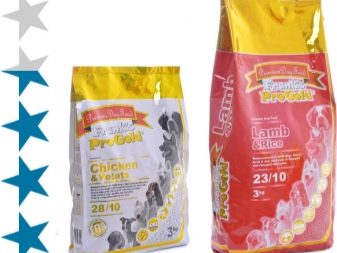
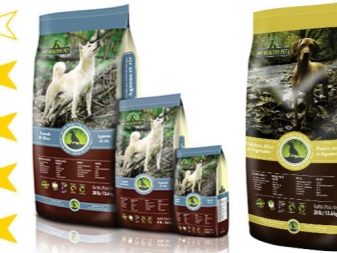
Every day, a varied diet of animals is not required. Only the balanced composition of trace elements is important.
When buying food for shepherds, it is important to pay attention to the inscription “Active” on it. This is the kind of food that will suit large dogs that spend a lot of energy every day. The names of some premium and super premium feeds suitable for shepherd dogs: Brit Premium, Purina Dog Chow, Royal Canin.
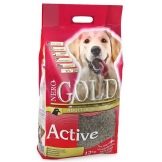

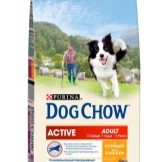
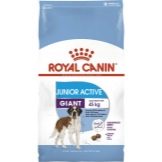
Prohibited Products
You can not give the shepherd salty, sweet, smoked, pickled.Spices, legumes, potatoes, chocolate, citrus fruits, as well as swede, grapes and olives are harmful to them. Tubular bones are very dangerous for pets.
When planning the diet of a dog, it is necessary to take into account the ratio of calcium and phosphorus in it, since the second element helps the leaching of the first from the body of the animal.
It is undesirable to feed the dog raw river fish and liver because of the high probability of infection of these products with helminths. First, they must be cooked and cooked in a bowl with their pets.
It is not allowed to feed the dog from his desk. As an incentive can be used:
- a slice of dry bread, sprinkled with sunflower oil;
- cheese in a small amount;
- apple sliced.
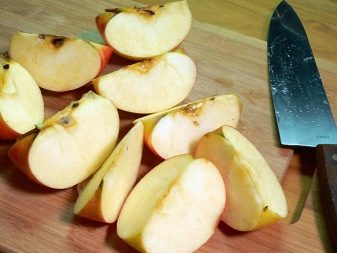
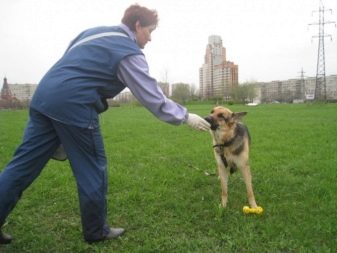
Features of feeding puppies
To avoid problems in the future, you need to properly feed the cubs and observe their diet. Up to 4 months, puppies are fed 4 to 5 times a day, gradually reducing the number of feeds and increasing the serving. By the year the dogs are transferred to two meals a day.
Puppies should always be fed at the same time. After feeding, the bowl from under the food is removed, only a container with clean water is left. The duration of the meal should be approximately 20 minutes. Everything left on the plate is superfluous for the dog’s stomach.
At home, it is better to feed babies with natural nutrition. They begin feeding at the age of one month.
For this, slices of boiled chicken, peeled from bones, or turkey mashed in minced meat are well suited.
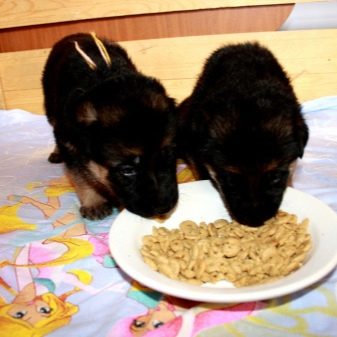
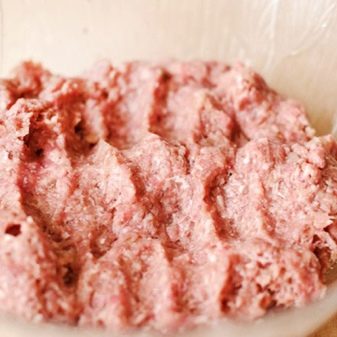
Starting from 1.5 months the puppy should eat about 250 g of meat per day. From 2 to 4 months - 400 g, 4 to 6 months - half a kilogram, from six months to a year - about 1 kg per day.
The fish is introduced into the diet from the third month, only boiled sea, give it instead of meat twice a week. From the age of three months to 5 months they give meat trimmings, since there are many tendons in it for training the jaw. This is also the period of the change of teeth. Once a week they treat the dog with a brain bone. After six months, the dog begins to offer offal and liver to the dog after heat treatment.
From birth to a year, they teach the animal to eat cottage cheese, feed it with fermented milk products - kefir, fermented baked milk.
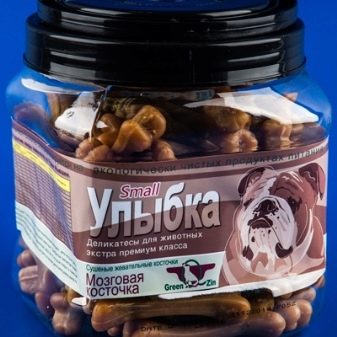

Table with nutritional norms depending on the age of the puppies.
Products | 2-4 months | 4-6 months | 6-8 months | 8 months - 1 year |
Meat | 350-450 g | 450-550 g | 650-750 g | 750-1000 g |
Milk, kefir | 250-550 g | 400-550 g | 550-750 g | 550-1000 g |
Porridge | 150-200 g | 200-350 g | 350-400 g | 400-650 g |
Vegetables fruits | 35-150 g | 150-350 g | 350-550 g | 350-450 g |
Fats | 15-25 g | 25-45 g | 45-75 g | 75 g |
A two-month-old puppy is fed up to 4 months 4 times a day, from 4 to 6 months - 3-4 times a day, from 6 to 8 months - 3 times a day, from 8 months to a year - 1-2 times a day.
In summer, dogs over one year old are fed once a day, and in winter, 2 times for better heat transfer.
The composition of the food affects the formation of the skeletal system and the development of the dog’s body as a whole. All parameters of an adult shepherd are laid down since childhood, so the consequences of malnutrition are irreparable.
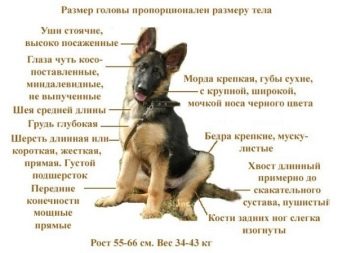
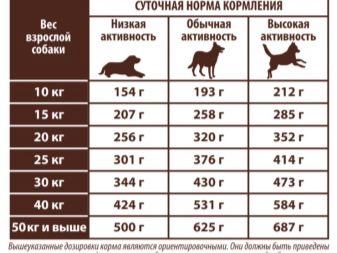
Adult dog food
Normally, the diet of the shepherd is almost no different from the nutrition of any other large dog, although it has its own characteristics.
The diet of the animal must be observed throughout life. An adult can not be overfed, because due to excess food, she may experience an inversion of the intestines. Feed the shepherd at the same time. Servings should be the same. Eating should take place after a walk, so as not to put a strain on the digestive tract, which may end badly.
In winter, you can give, in addition to the main meal, a warm meat broth. Animals of this breed can be fed twice a day throughout the year. The portions will be small, which will be ideal, as the shepherd has a small stomach.
At the request of the owner, you can transfer the dog from natural nutrition to finished food. But it is imperative that you first consult your veterinarian and choose premium and super premium feeds.
It is better to carry out this transition from 4 to 6 months. A year-old shepherd is difficult to rebuild on a new type of food.
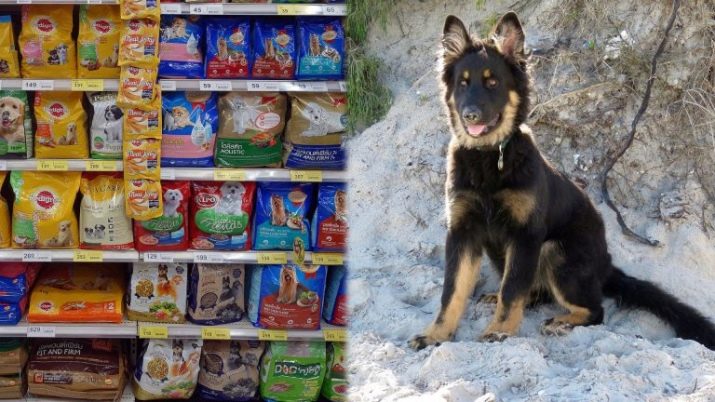
Food should not be hot or cold, the best option is the room temperature of the products. There should always be a container of clean water. The feed should be thick. Wet nutrition is poorly absorbed by the dog’s stomach. Appropriate feeding utensils are also important so that the animal does not deteriorate during eating.
A pregnant shepherd dog needs to be fed a special dog food in position. If this individual is on a natural type of nutrition, then more cottage cheese, eggs, fish and meat should be included in her diet. From the fourth week of pregnancy, it is transferred to three meals a day, without increasing the amount of food, and from the eighth week they remove meat from the menu, replacing it with sea boiled fish to avoid seizures.
Immediately after giving birth, the dog should not be given meat so that there is no poisoning. She is offered a weak broth or liquid porridge. Subsequently, the bitch is fed 4-5 times a day, not limiting in food. The diet should have vegetables, raw meat, cottage cheese and fish, so that the puppies get the necessary amount of trace elements and vitamins from mother's milk.
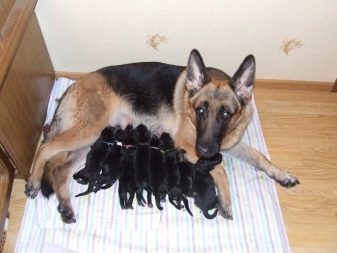
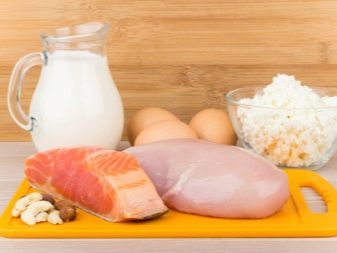
After a year, the age of the shepherd does not affect its menu and diet. Throughout the dog’s life, the owner must comply with feeding standards and follow all necessary nutritional recommendations so that his pet is healthy and energetic and meets all the characteristics of the breed.
On how to properly feed the dog, see below.


